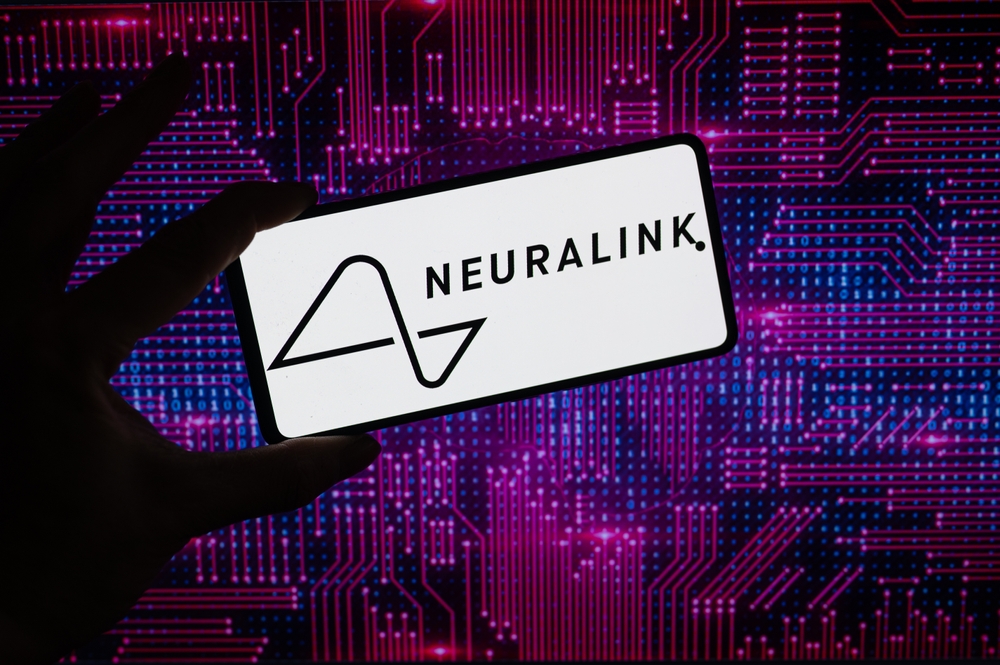In a ground-breaking development, Elon Musk's Neuralink has received approval from the US Food and Drug Administration (FDA) to commence human clinical trials for their revolutionary brain implant technology. This pivotal milestone marks a significant leap forward in the field of neurotechnology, opening doors to a future where humans can interface directly with computers and potentially overcome neurological disorders. With the FDA's endorsement, Neuralink is poised to embark on an exciting journey toward unlocking the full potential of the human brain.
Unleashing the Potential of Brain-Computer Interfaces
Brain-computer interfaces (BCIs) have long been the subject of scientific fascination, with the potential to revolutionize the way we interact with technology. Neuralink's brain implants aim to establish a direct link between the human brain and external devices, enabling seamless communication and control. By implanting minuscule, high-bandwidth electrode arrays into the brain, Neuralink's technology promises to enhance cognitive abilities, treat neurological conditions, and potentially enable humans to merge with artificial intelligence.
FDA Approval: A Landmark Achievement
The FDA's approval for Neuralink's human clinical study is a monumental achievement, highlighting the credibility and potential of the company's brain implant technology. This regulatory endorsement signifies that Neuralink's devices have met stringent safety and efficacy standards, paving the way for the exploration of their transformative impact on human lives. The FDA's stamp of approval also fosters confidence in the wider scientific community and encourages further research and development in the neurotechnology field.
Advancing the Frontiers of Medicine
Neuralink's FDA-approved clinical study represents a significant step toward addressing neurological disorders that have long confounded medical professionals. The potential to restore lost functionality in patients with spinal cord injuries, neurodegenerative diseases, and other conditions is a beacon of hope for countless individuals and their families. By leveraging the power of brain-computer interfaces, Neuralink aims to alleviate suffering and improve the quality of life for those affected by such debilitating ailments.
Navigating Ethical Considerations
While the promise of brain implants raises immense possibilities, it also prompts essential discussions surrounding ethics and privacy. As we delve deeper into the realm of human augmentation, it becomes crucial to establish robust frameworks that safeguard individual autonomy, consent, and the protection of sensitive data. By actively engaging in ethical discourse and ensuring transparency, Neuralink can foster trust and contribute to the responsible development of this transformative technology.
Unlocking the Future
Neuralink's journey toward human clinical trials is a testament to the vision and perseverance of Elon Musk and his team. By bridging the gap between humans and machines, Neuralink's brain implant technology has the potential to redefine what it means to be human in an increasingly interconnected world. As the trials commence and progress, the world eagerly anticipates the remarkable breakthroughs and scientific discoveries that lie ahead, holding the potential to reshape the very fabric of our existence.
Conclusion
Neuralink's recent FDA approval marks a significant milestone in the quest to merge humans with technology. The potential of brain-computer interfaces to unlock the full capacity of the human brain and treat neurological disorders is an exciting frontier in science and medicine. As Neuralink embarks on its human clinical study, we are witnessing the birth of a new era, where the boundaries between humans and machines blur, and our understanding of the human mind expands. With ethical considerations at the forefront, the world holds its breath in anticipation of the transformative impact that Neuralink's brain implant technology will have on our collective future.


